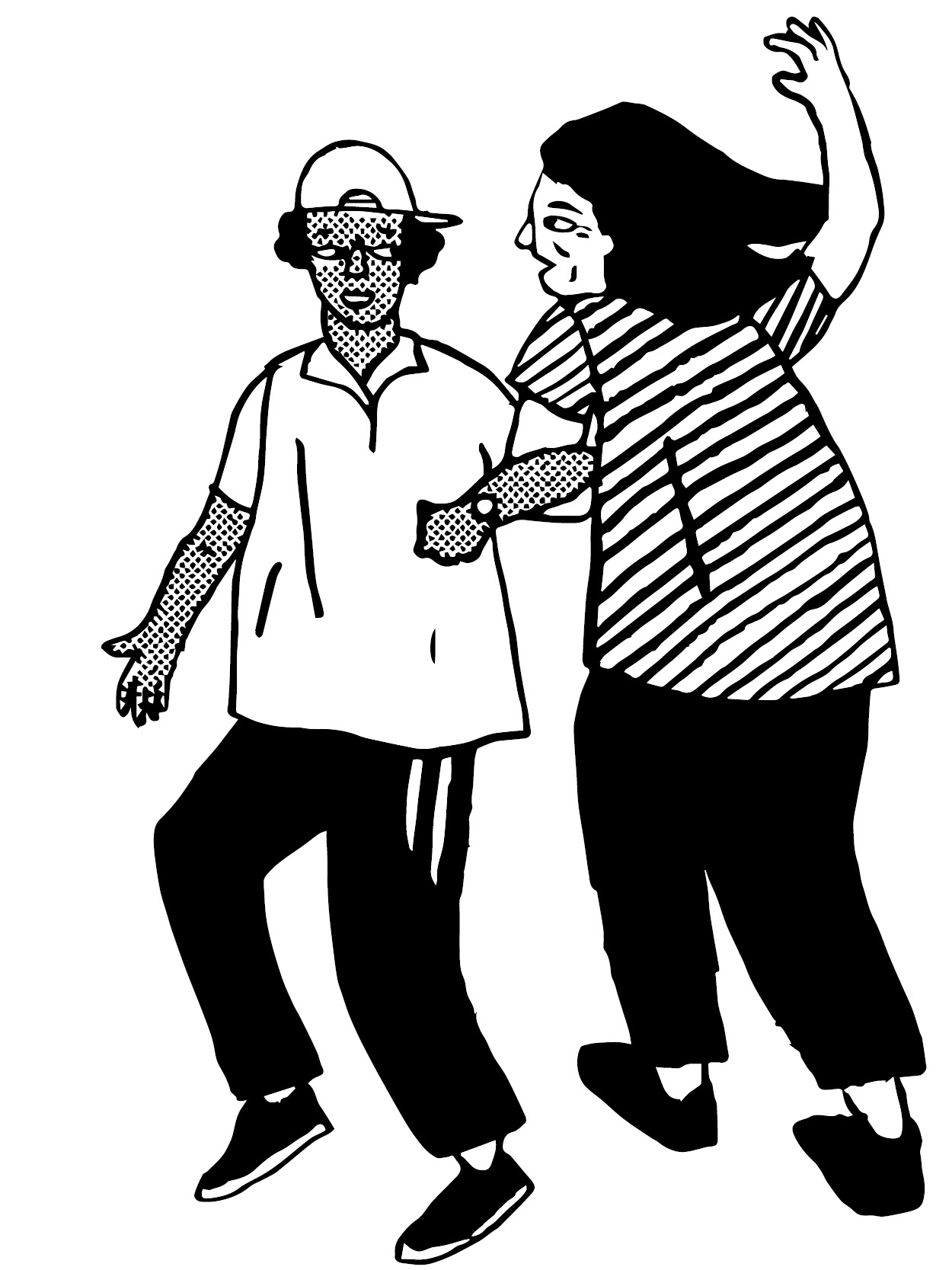Folk Song Collectors from the early 20th century
Introduction
This resource was originally published several years ago. It does not include information about the wider cultural contexts within which the collectors lived and worked, and is now under review.
In the late 19th and early 20th century there was a popular upsurge in interest in folk music and song. This in part grew out of a general trend towards pastoral romanticism, linked to the social uncertainties of an ever increasing industrial revolution, and also drew upon ideas of nationhood and ‘nationalistic’ tendencies. Some of these developed from a national disenchantment with European cultural models, particularly with the artistic and musical education of Germany which had been the cultural role model for Britain in the mid-19th Century, but which rapidly fell out of fashion following the events of the Franco-Prussian War.
Against this background a movement grew out of the earlier antiquarian trend – the gathering of folklore, custom and tales, to embrace a more formal collection of folk song and music. A number of personalities, from a range of backgrounds, though drawn primarily from the educated middle classes, have risen to prominence as the preeminent collectors of what has been characterised as “The First Folk Song Revival”. What follows is a brief summary of their lives and folk song collecting careers.











